Contract Trends in Cultural Centers: Procurement & Legal Mastery
Course Overview
This course is tailored for professionals managing procurement and contractual processes within cultural institutions such as theaters, museums, and libraries. It equips participants with advanced tools and best practices to navigate procurement complexities, legal frameworks, and supplier relationships specific to cultural settings. Emphasis is placed on transparency, compliance with public cultural funding policies, intellectual property considerations, and collaborative contracting models.
Through practical simulations, participants will explore supplier selection for artistic services, contract drafting for exhibitions and performances, and risk mitigation in service agreements and public tenders. The course integrates cultural sector nuances into procurement strategy, ensuring sustainability, equity, and community engagement remain at the core of contractual decisions.
Target Audience
- Cultural Procurement Officers and Managers
- Contracts and Legal Affairs Staff in Cultural Institutions
- Project Managers and Program Directors in Museums, Theaters, and Libraries
- Public Sector Cultural Development Officers
- Legal Advisors and Cultural Policy Consultants
Targeted Organizational Departments
- Cultural Procurement and Purchasing
- Contract and Legal Affairs in Cultural Institutions
- Heritage and Collections Management
- Event and Program Planning
- Finance and Risk Oversight in Arts Administration
Targeted Industries
- Public and Private Cultural Centers
- Museums, Galleries, and Heritage Sites
- Performing Arts and Theater Institutions
- Libraries and Educational Cultural Institutions
- Arts and Culture Development Authorities
Course Objectives
By the end of this course, participants will be able to:
- Apply procurement and contracting strategies tailored to cultural sector dynamics
- Draft and manage contracts for exhibitions, performances, and library services
- Ensure compliance with public funding and cultural procurement regulations
- Evaluate suppliers and artists using transparent and equitable selection models
- Mitigate legal and reputational risks in cultural project contracting
- Promote ethical, inclusive, and sustainable procurement practices in cultural settings
Training Methodology
- Real-life procurement scenarios from cultural institutions
- Contract drafting workshops and role-playing negotiations
- Legal compliance case studies in cultural contracting
- Interactive discussions on IP rights, ethics, and artist agreements
Course Toolbox
- Templates for Artist and Exhibition Contracts
- Checklists for Cultural Grant Procurement Compliance
- Supplier Evaluation Matrices for Creative Services
- Risk Mitigation Guidelines for Cultural Projects
- KPI Dashboards for Cultural Procurement Performance
Course Agenda
Day 1: Procurement Foundations in Cultural Institutions
- Topic 1: The Role of Procurement in Supporting Cultural Missions
- Topic 2: Public Funding, Procurement Regulations, and Cultural Policy
- Topic 3: Ethical Procurement in Museums, Theaters, and Libraries
- Topic 4: Cultural Project Planning and Procurement Alignment
- Topic 5: Market Scoping and Sourcing Artistic and Technical Services
- Topic 6: Challenges in Balancing Creativity and Procurement Rules
- Reflection & Review: Culture-Driven Procurement Best Practices
Day 2: Tendering and Supplier Management in the Cultural Sector
- Topic 1: Tender Types for Cultural Projects and Service Agreements
- Topic 2: Preparing Tender Documents for Exhibitions, Events, and Creative Works
- Topic 3: Supplier Registration and Qualification in Artistic Fields
- Topic 4: Ensuring Equity, Diversity, and Inclusion in Tendering
- Topic 5: Evaluating Artistic and Technical Proposals Transparently
- Topic 6: Managing Supplier Relationships in Creative Partnerships
- Reflection & Review: Supplier Selection in the Cultural Context
Day 3: Contract Drafting and Legal Compliance for Cultural Programs
- Topic 1: Drafting Contracts for Performances, Exhibitions, and IP Licensing
- Topic 2: Essential Clauses in Cultural Contracts: Scope, Rights, Payment
- Topic 3: Intellectual Property and Copyright in Cultural Procurement
- Topic 4: Public Funding Compliance and Reporting Obligations
- Topic 5: Risk Allocation in Collaborative Cultural Agreements
- Topic 6: Handling Disputes and Breach of Cultural Agreements
- Reflection & Review: Case Study on Cultural Contract Negotiation
Day 4: Risk, Governance, and Ethical Contracting
- Topic 1: Identifying Legal and Reputational Risks in Cultural Procurement
- Topic 2: Contract Governance and Oversight in Public Cultural Bodies
- Topic 3: Fraud Prevention and Conflict of Interest in Grant-Funded Projects
- Topic 4: Contingency Planning for Cultural Events and Program Disruptions
- Topic 5: Ethical Engagement of Artists and Cultural Collaborators
- Topic 6: Transparency and Accountability in Cultural Contracting
- Reflection & Review: Risk Mitigation Strategy for a Cultural Institution
Day 5: Performance Measurement and Future-Proof Contracting
- Topic 1: KPIs and Impact Metrics in Cultural Procurement
- Topic 2: Measuring Value and Return on Investment in Cultural Contracts
- Topic 3: Sustainability and Green Procurement in Cultural Venues
- Topic 4: Digitization and Innovation in Contract Administration
- Topic 5: Fostering Long-Term Cultural Supplier Ecosystems
- Topic 6: Future Trends in Cultural Procurement and Legal Practices
- Reflection & Review: Designing a Procurement Strategy for Cultural Growth
FAQ:
What specific qualifications or prerequisites are needed for participants before enrolling in the course?
Participants are expected to have some experience working in cultural institutions such as museums, theaters, or libraries. While prior legal or procurement expertise is not mandatory, a basic understanding of project management or supplier coordination within cultural settings will enhance the learning experience.
How long is each day's session, and is there a total number of hours required for the entire course?
Each day's session is generally structured to last around 4–5 hours, with breaks and interactive activities included. The total course duration spans five days, approximately 20–25 hours of instruction.
What are the unique procurement risks in cultural centers compared to traditional public institutions?
Cultural centers often engage suppliers in artistic and creative fields where standard procurement evaluation methods may not apply. There is also a higher degree of reputational risk when dealing with exhibitions, performances, or collections involving copyrights, public funding, and community sensitivities. This course explores how to address these unique challenges with tailored contracting and evaluation frameworks.
How This Course is Different from Other Contract Management Courses:
Unlike traditional procurement and contract management courses, Contract Trends in Cultural Centers: Procurement & Legal Excellence is uniquely designed for professionals working within museums, libraries, and theaters. It goes beyond general procurement theories to address the real-life complexities of managing supplier relationships, public tenders, and artist contracts in cultural institutions.
Drawing from best practices found in the provided course file and integrating cultural-sector case studies, this program emphasizes ethical procurement, compliance with public funding requirements, and protection of intellectual property in artistic contracts. Participants will gain hands-on experience with templates specific to cultural contracting—ranging from exhibition agreements to supplier SLAs for theatrical productions.
The course also highlights KPIs that measure cultural impact and procurement transparency, as well as sustainability and innovation trends in cultural sector contracting. Through interactive simulations, legal workshops, and real-life examples, this training offers a contextual and practical learning environment tailored to cultural center operations—ensuring both legal rigor and creative freedom coexist in procurement practices.
credits: 5 credit per day
Course Mode: full-time
Provider: Agile Leaders Training Center
-
Events for this Course!!
-
Manama 2025-11-02
-
Jakarta 2025-11-09
-
Milan 2025-11-17
-
Muscat 2025-11-23
-
Casablanca 2025-11-24
-
Kuala Lumpur 2025-12-01
-
Montreux 2025-12-07
-
Barcelona 2025-12-08
-
Istanbul 2025-12-15
-
Madrid 2025-12-22
-
Dubai 2025-12-22
-
Milan 2025-12-30
-
Cairo 2025-12-30
-
Amsterdam 2026-01-06
-
Madrid 2026-01-13
-
Istanbul 2026-01-20
-
Vienna 2026-01-27
-
Kuwait 2026-02-02
-
Barcelona 2026-02-03
-
Munich 2026-02-10
-
Casablanca 2026-02-10
-
Tokyo 2026-02-17
-
Bangkok 2026-02-23
-
Rome 2026-02-24
-
Dubai 2026-03-03
-
London 2026-03-03
-
Milan 2026-03-10
-
Bali 2026-03-16
-
Paris 2026-03-17
-
Chicago 2026-03-23
-
Amsterdam 2026-03-24
-
Trabzon 2026-03-30
-
Barcelona 2026-03-31
-
Manama 2026-04-06
-
Nairobi 2026-04-06
-
Zoom 2026-04-14
-
Istanbul 2026-04-14
-
Madrid 2026-04-21
-
Geneva 2026-04-27
-
Athens 2026-04-27
-
Sharm El-Sheikh 2026-05-05
-
Al Jubail 2026-05-11
-
London 2026-05-19
-
Milan 2026-05-26
-
Tokyo 2026-06-02
-
Dubai 2026-06-02
-
Paris 2026-06-09
-
San Diego 2026-06-09
-
Phuket 2026-06-15
-
Tbilisi 2026-06-16
-
Johannesburg 2026-06-22
-
Rome 2026-06-23
-
Kuala Lumpur 2026-06-30
-
Amman 2026-07-06
-
Athens 2026-07-13
-
Amsterdam 2026-07-14
-
London 2026-07-21
-
Istanbul 2026-07-21
-
Manama 2026-07-27
-
Cairo 2026-07-28
-
Paris 2026-08-04
-
Dubai 2026-08-11
-
London 2026-08-11
-
Baku 2026-08-18
-
Madrid 2026-08-25
-
Casablanca 2026-08-25
-
Amman 2026-08-31
-
Langkawi 2026-08-31
-
Kuala Lumpur 2026-09-01
-
Zanzibar 2026-09-07
-
Rome 2026-09-08
-
Barcelona 2026-09-15
-
Cape town 2026-09-21
-
Doha 2026-09-21
-
Accra 2026-09-28
-
Tokyo 2026-09-29
-
Sharm El-Sheikh 2026-10-06
-
Amsterdam 2026-10-06
-
Vienna 2026-10-13
-
Prague 2026-10-19
-
London 2026-10-20
-
Baku 2026-10-27
-
Cairo 2026-10-27
Upcoming Events
📅 Showing events from Week 44, 2025 to Week 43, 2026
| Image | Location | Dates | Duration | Mode | Price | Actions |
|---|---|---|---|---|---|---|
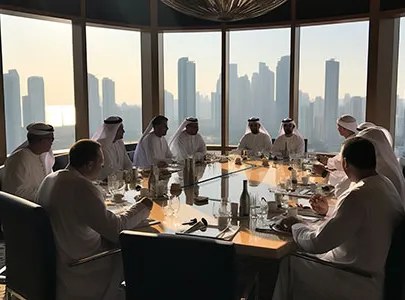
|
Manama |
Week 44, 2025 Nov 2, 2025 - Nov 6, 2025 |
5 Days | Onsite | €4,700 | |

|
Jakarta |
Week 45, 2025 Nov 9, 2025 - Nov 13, 2025 |
5 Days | Onsite | €5,700 | |
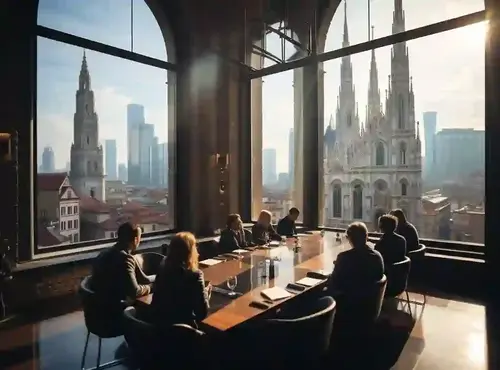
|
Milan |
Week 47, 2025 Nov 17, 2025 - Nov 21, 2025 |
5 Days | Onsite | €5,700 | |
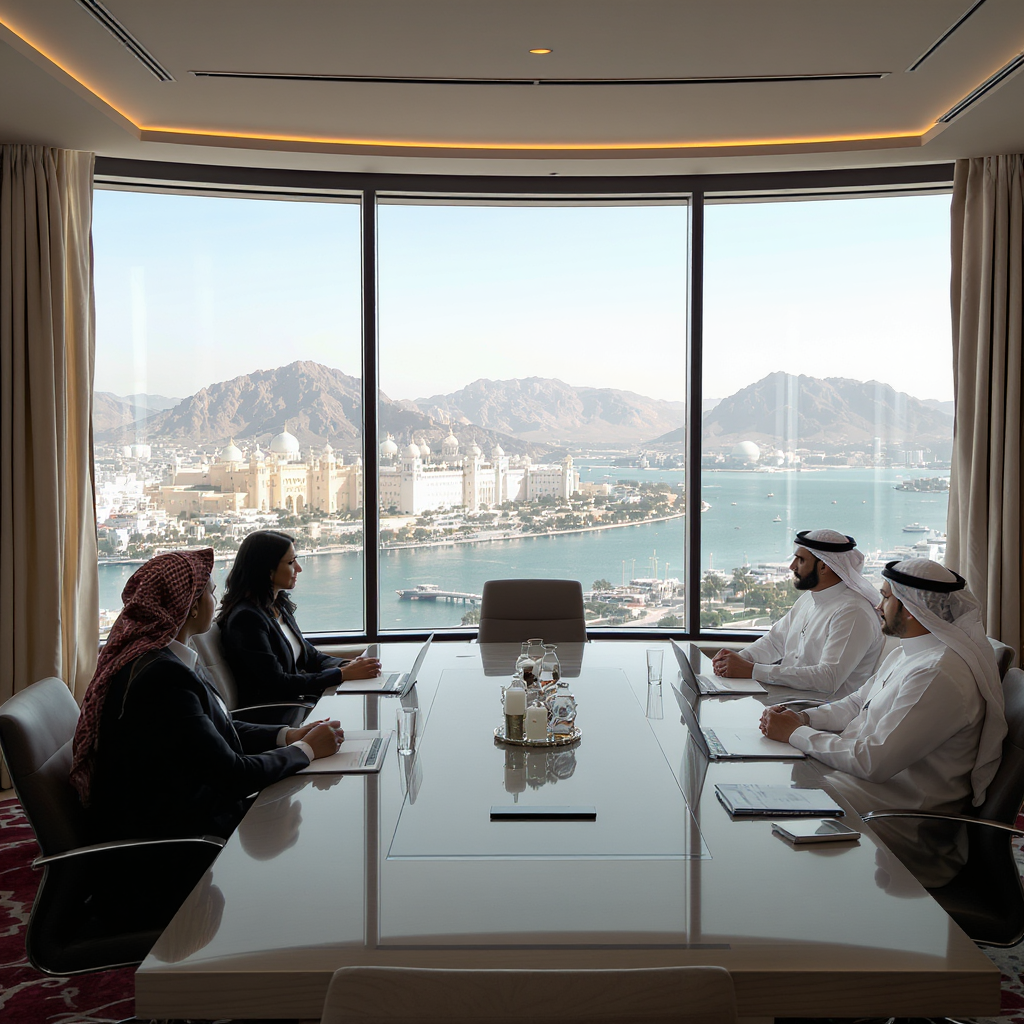
|
Muscat |
Week 47, 2025 Nov 23, 2025 - Nov 27, 2025 |
5 Days | Onsite | €5,700 | |
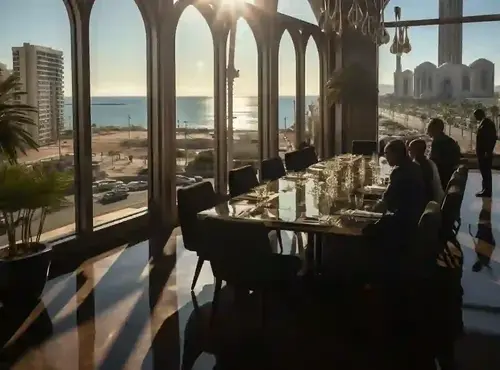
|
Casablanca |
Week 48, 2025 Nov 24, 2025 - Nov 28, 2025 |
5 Days | Onsite | €4,100 | |
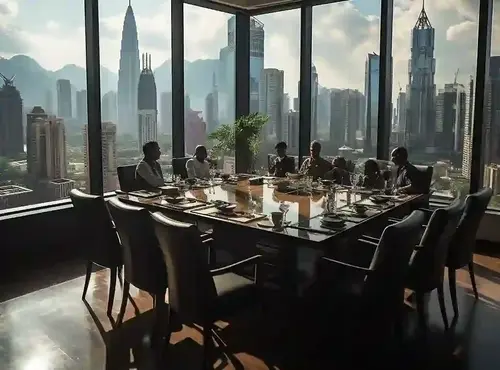
|
Kuala Lumpur |
Week 49, 2025 Dec 1, 2025 - Dec 5, 2025 |
5 Days | Onsite | €5,200 | |

|
Montreux |
Week 49, 2025 Dec 7, 2025 - Dec 11, 2025 |
5 Days | Onsite | €7,500 | |
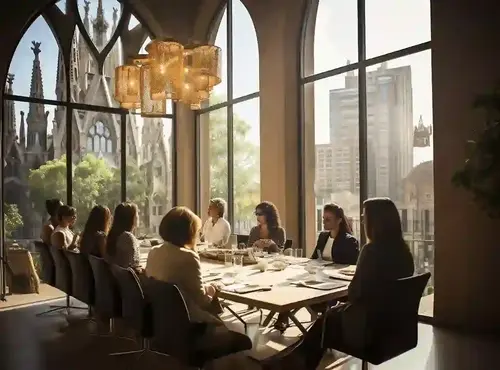
|
Barcelona |
Week 50, 2025 Dec 8, 2025 - Dec 12, 2025 |
5 Days | Onsite | €5,700 | |
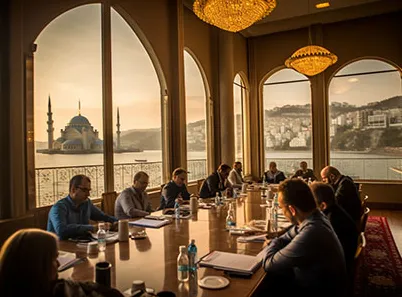
|
Istanbul |
Week 51, 2025 Dec 15, 2025 - Dec 19, 2025 |
5 Days | Onsite | €4,500 | |
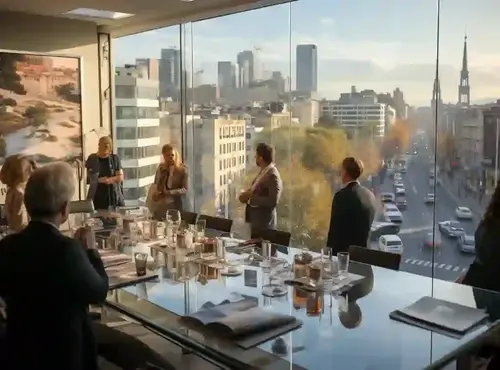
|
Madrid |
Week 52, 2025 Dec 22, 2025 - Dec 26, 2025 |
5 Days | Onsite | €5,700 | |

|
Dubai |
Week 52, 2025 Dec 22, 2025 - Dec 26, 2025 |
5 Days | Onsite | €4,500 | |

|
Milan |
Week 01, 2025 Dec 30, 2025 - Jan 3, 2026 |
5 Days | Onsite | €5,700 | |

|
Cairo |
Week 01, 2025 Dec 30, 2025 - Jan 3, 2026 |
5 Days | Onsite | €4,100 | |

|
Amsterdam |
Week 02, 2026 Jan 6, 2026 - Jan 10, 2026 |
5 Days | Onsite | €5,700 | |

|
Madrid |
Week 03, 2026 Jan 13, 2026 - Jan 17, 2026 |
5 Days | Onsite | €5,700 | |

|
Istanbul |
Week 04, 2026 Jan 20, 2026 - Jan 24, 2026 |
5 Days | Onsite | €4,500 | |
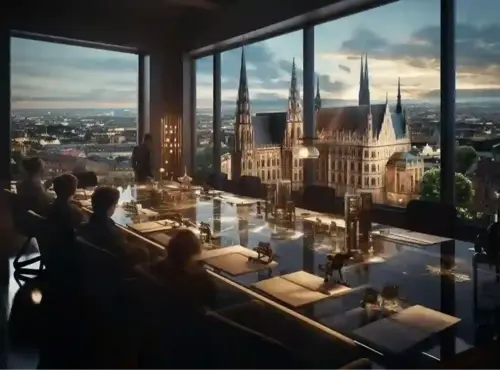
|
Vienna |
Week 05, 2026 Jan 27, 2026 - Jan 31, 2026 |
5 Days | Onsite | €5,700 | |

|
Kuwait |
Week 06, 2026 Feb 2, 2026 - Feb 6, 2026 |
5 Days | Onsite | €5,500 | |

|
Barcelona |
Week 06, 2026 Feb 3, 2026 - Feb 7, 2026 |
5 Days | Onsite | €5,700 | |

|
Munich |
Week 07, 2026 Feb 10, 2026 - Feb 14, 2026 |
5 Days | Onsite | €6,500 |
